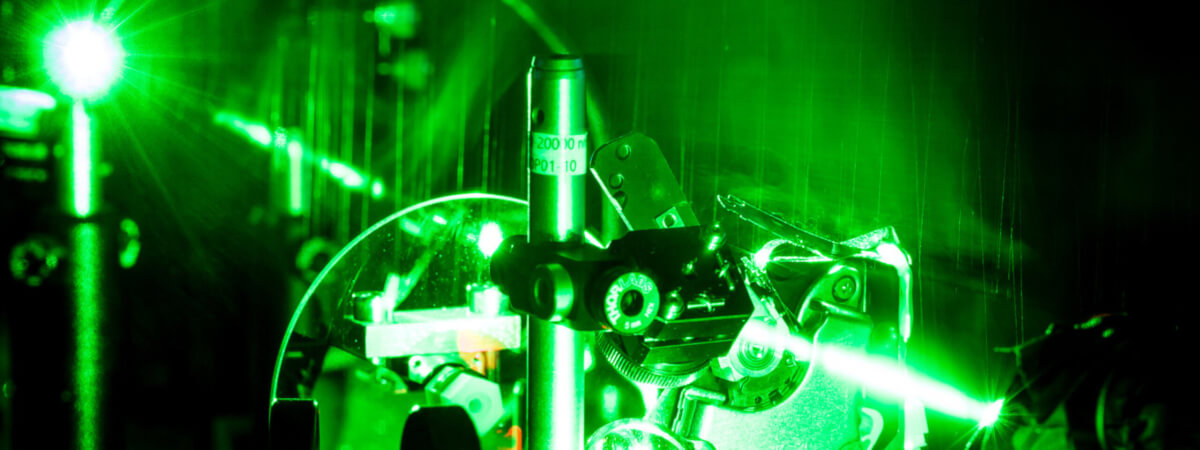Researchers from the University of Turku in Finland and the University of Science and Technology of China have made a significant breakthrough in the field of quantum teleportation. Despite the usual noise that disrupts the transfer of quantum states, they achieved near-perfect quantum teleportation in their experiment.
Quantum teleportation involves transferring the state of a quantum particle, known as a qubit, from one location to another without physically moving the particle itself. This process requires special quantum resources, such as entanglement between pairs of qubits.
Think of it like sending a secret message without physically transporting it. Instead of sending the original message, you create an exact copy of it at the destination while the original message gets destroyed. This process relies on entanglement, which is a mysterious connection between qubits.
In real-world scenarios, noise and disturbances can interfere with the teleportation process, much like how interference disrupts a phone call. However, the researchers developed a new method that overcomes this noise and achieves a high success rate in quantum teleportation. They used multipartite hybrid entanglement, which involves entangling qubits with their local environments in a controlled manner.
According to study author Jyrki Piilo, a professor from the University of Turku, the key to their success lies in distributing entanglement beyond the qubits used in the teleportation protocol. This creates a more robust way of sending quantum information that is less affected by external interference.
In their experiment, the researchers encoded qubits using photons and carefully engineered correlations between the photons’ polarization and frequency to create multipartite hybrid-entangled states. They then performed a series of steps involving controlled dephasing and joint measurements to teleport various quantum states with high fidelity, even in the presence of decoherence.
Dr. Zhao-Di Liu, another study author from the University of Science and Technology of China, emphasized the significance of their achievement in combating decoherence and preserving quantum states. This opens up new possibilities for quantum information processing and communication.
While the current study is a proof-of-concept demonstration, it lays the groundwork for future research into the role of hybrid entanglement in quantum technologies. With further development, this approach could lead to more robust and efficient quantum communication and computation systems, bringing us closer to a quantum-enabled future.















































